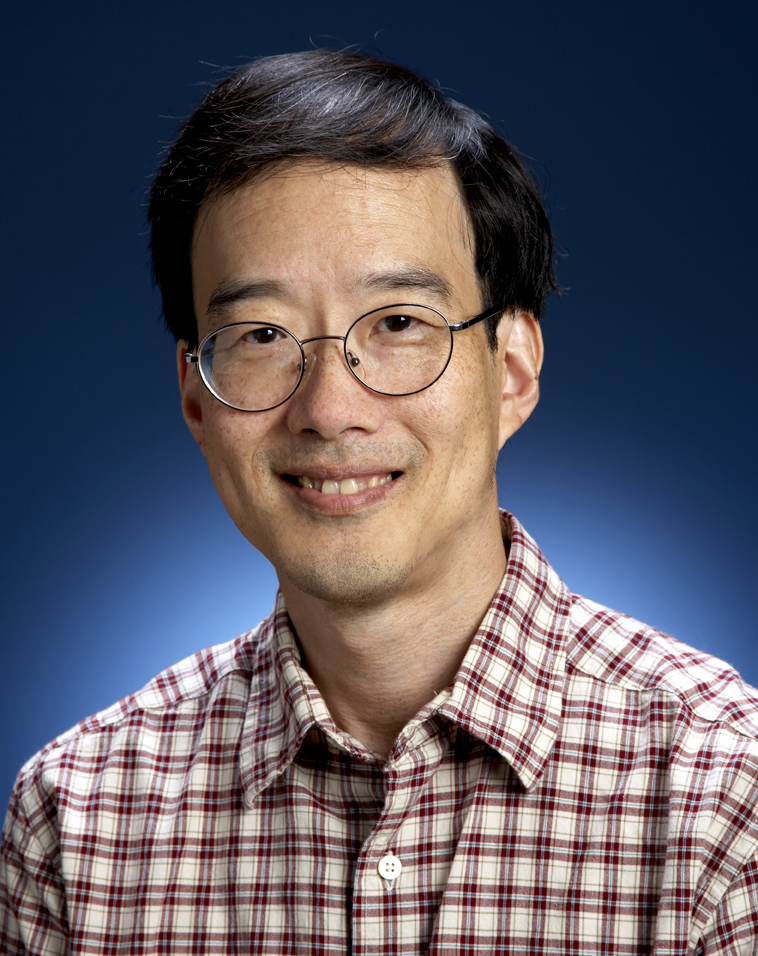Press Release
Andrew Cheng Named Chief Scientist for APL Space Department
Dr. Andrew Cheng has been appointed chief scientist for the Space Department at The Johns Hopkins University Applied Physics Laboratory, Laurel, Md. He now serves as the department's external liaison for space science and will provide independent science advice and strategic vision to Lab and department leadership. He is also responsible for providing overall strategic direction and initiative to recruiting and investments in science capabilities.
Dr. Cheng brings considerable experience to the position, having been an interdisciplinary scientist on the Galileo mission to Jupiter, a co-investigator on the Cassini mission to Saturn, and a scientist on the Japanese-led MUSES-C asteroid mission. He was Project Scientist for the historic Near Earth Asteroid Rendezvous (NEAR) mission, which was the first to orbit (and eventually land on) an asteroid. He is a member of the MErcury Surface, Space ENvironment, GEochemistry, and Ranging (MESSENGER) mission team and principal investigator for the Long Range Reconnaissance Imager (LORRI) instrument on the New Horizons mission to Pluto and the Kuiper Belt.
Dr. Cheng was previously the assistant supervisor for the Science and Analysis Branch and supervisor of the Planetary Exploration Group in the APL Space Department. He recently completed a one-year assignment at NASA Headquarters in Washington, serving as deputy chief scientist for Space Science in NASA's Science Mission Directorate.
A resident of Potomac, Md., Dr. Cheng was named Maryland Academy of Sciences Outstanding Young Scientist in 1985 and has received five NASA Group Achievement awards since then. He is a Fellow of the American Physical Society and has authored more than 160 scientific articles. He holds a bachelor's degree in physics from Princeton University and a Master's degree and doctorate in physics from Columbia University.
APL has built 64 spacecraft and more than 200 instruments in solving critical challenges for NASA and the Department of Defense over the past five decades. For more information on the Laboratory's space science programs, visit http://civspace.jhuapl.edu.
